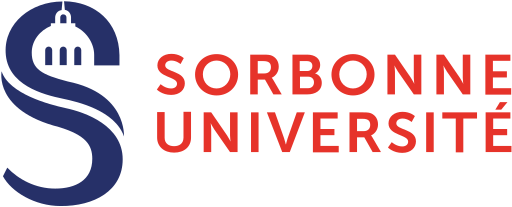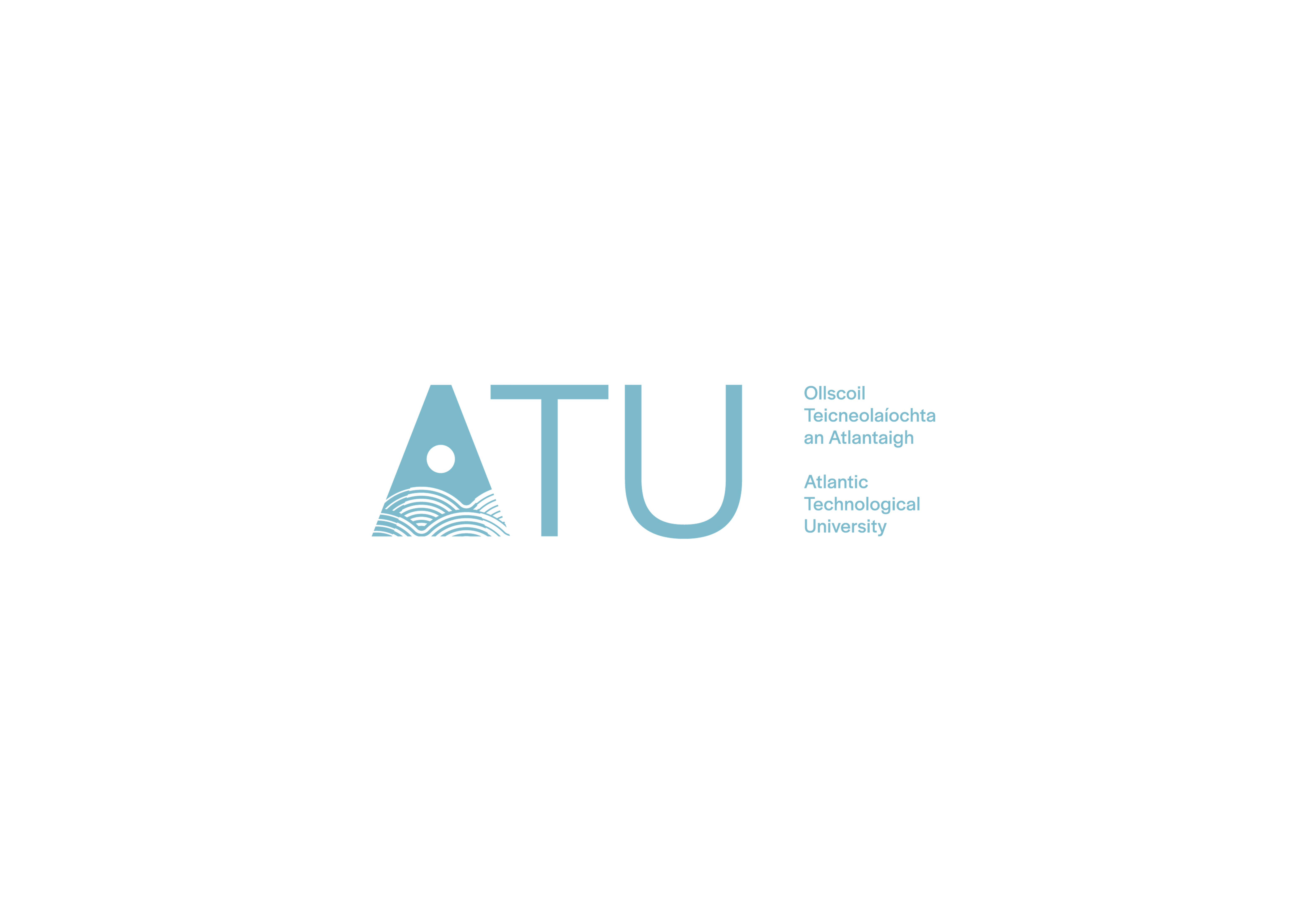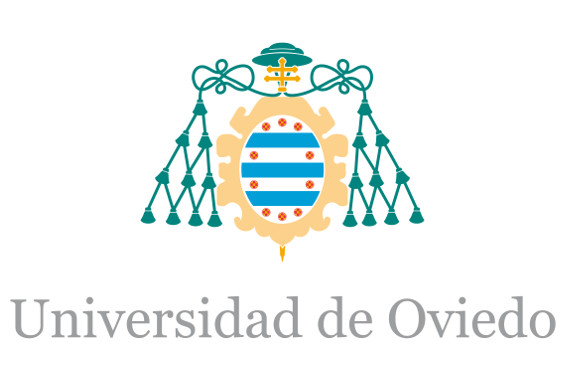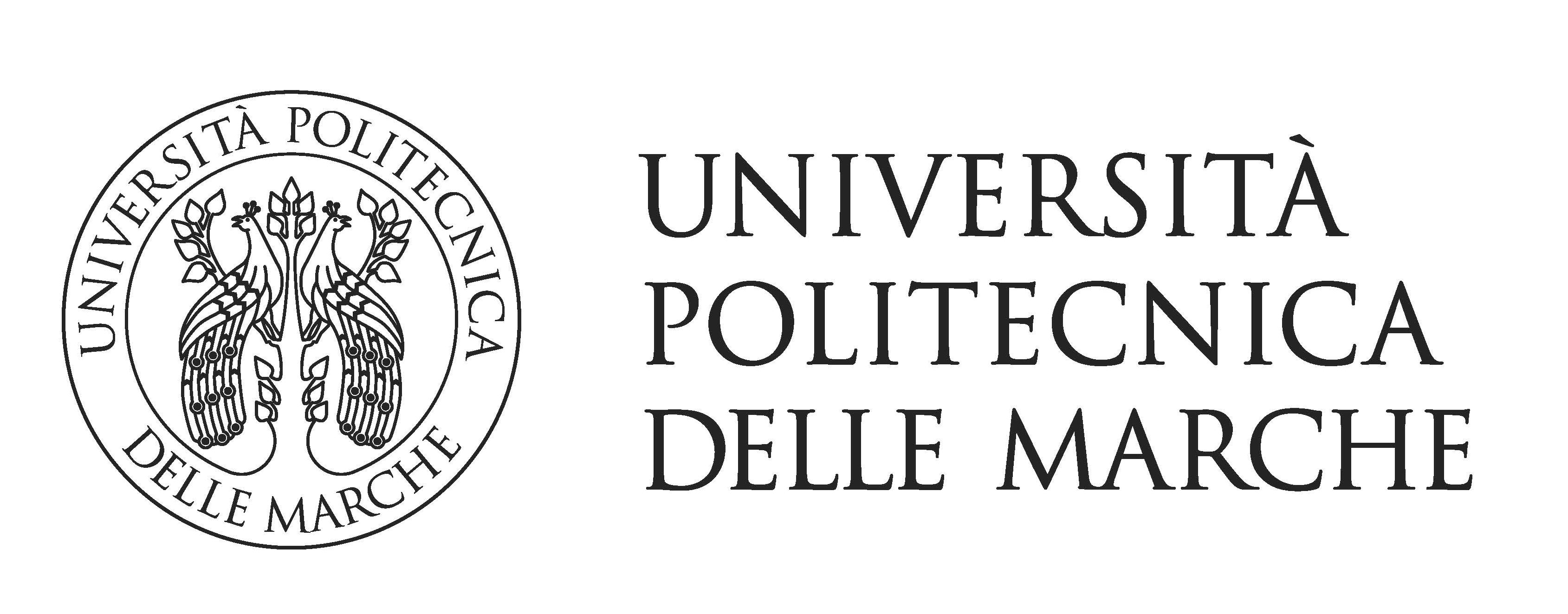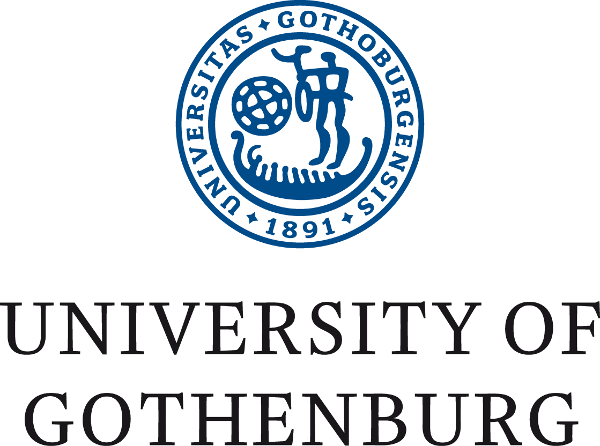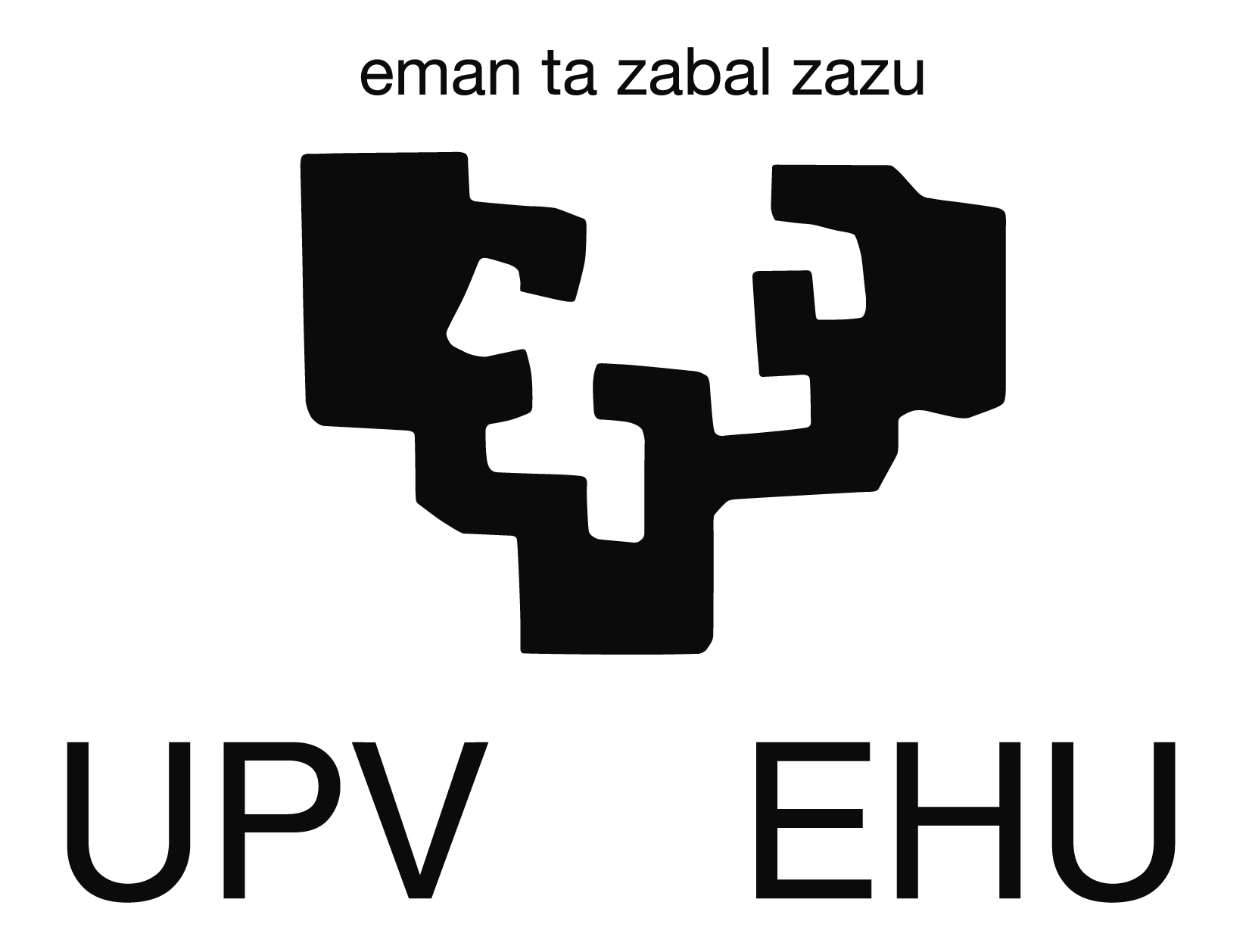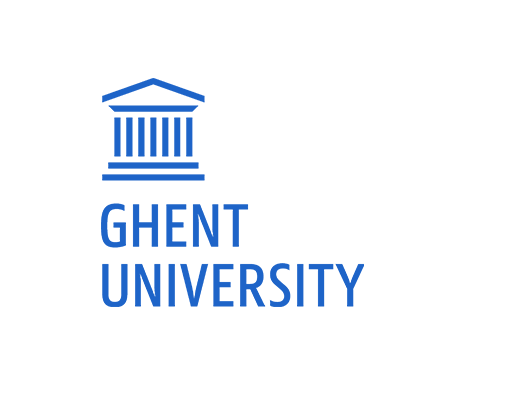
Costs
Tuition Fees
The IMBRSea tuition fees are set at:
- €6000 per year for programme-country** applicants
- €7000 per year for partner-country** applicants
The annual tuition fees cover:
- Enrollment and tuition costs at local universities and at the coordinating institution (i.e. UGent)
- Joint School costs (2 weeks): food, accommodation***
- Annual Symposium costs (1 week): food, accommodation***
Payment of Fees
Upon admission to the program, selected students will receive an invitation to pay the first part of the tuition fee (TF1y1=1000 €), which must be paid within the indicated deadline. Once the payment is received, your place in the program is secured until August, prior to the start of the intake academic year. The second part of the tuition fee (TF2y1) must be paid prior to the start of the intake academic year and within the exact deadline indicated in the payment request. Students who haven't paid within the indicated deadlines, cannot complete their enrollment and will be considered as cancellations.
Tuition fees for the second year must be paid in full prior to the start of the second academic year, and within the exact deadline indicated in the payment request sent by the IMBRSea central coordination.
Selected students that have paid the year 1 full tuition fee (TF1y1+TF2y2) can opt to defer (only) to the subsequent academic year. However, that does not secure the appointed study mobility. Students that want to compete for their preferred study mobility should re-submit an application for the next academic year.
Students that decide to cancel their IMBRSea enrollment, may request a partial refund of the year 1 tuition fee, i.e. TF2y1, if requests are made prior to December 1st of year1 of master studies (Ma1). This only applies to the first year after selection and does not apply to deferrals.
Living & Travel Costs
All students organise and finance their own accommodation, insurances, living, visa and travel costs while undertaking the IMBRSea program. These costs can be (partially) covered by a scholarship you may hold.
The cost of living differs from country to country. Students should do comprehensive research to be well prepared. Also check the page of each partner university for more information.
Please ensure that you take into account all the traveling and the living costs that the program entails. Remember, it's an International Master and there is a lot of traveling involved. Make sure to have a good budget before starting.
https://www.movebuddha.com/tools/should-i-move-for-work/
The link above is an interactive tool that may help you when taking relocation decisions. The tool helps you to think through the following issues: relocating with or without a partner, with or without kids, commuting issues etc. The tool also uses cost of living data to put the financial impact in perspective.
Visa fees
Most of the visas have fees that might apply, depending on your nationality and mobility. Also, you will probably have to travel to the capital of the country you are in order to apply for the visa. Take that into account when you are thinking about the costs. Students are responsible to seek for correct information at the corresponding immigration offices, especially for the first and third semester of studies. The IMBRSea acceptance letters will also help you apply for the correct visa.
Required Funds for Non-European Students
In Europe, a student must have sufficient means of subsistence to cover their living costs, healthcare, study and repatriation costs. The minimum amount which a student must have to cover their costs is fixed and indexed each year. Non-European students will usually need to prove that they have the minimum amount of funds required to cover their costs in order to obtain a long-term visa and/or a residence permit. For more information regarding the minimum amounts for each country, see the section regarding visa information here- /visa-information

